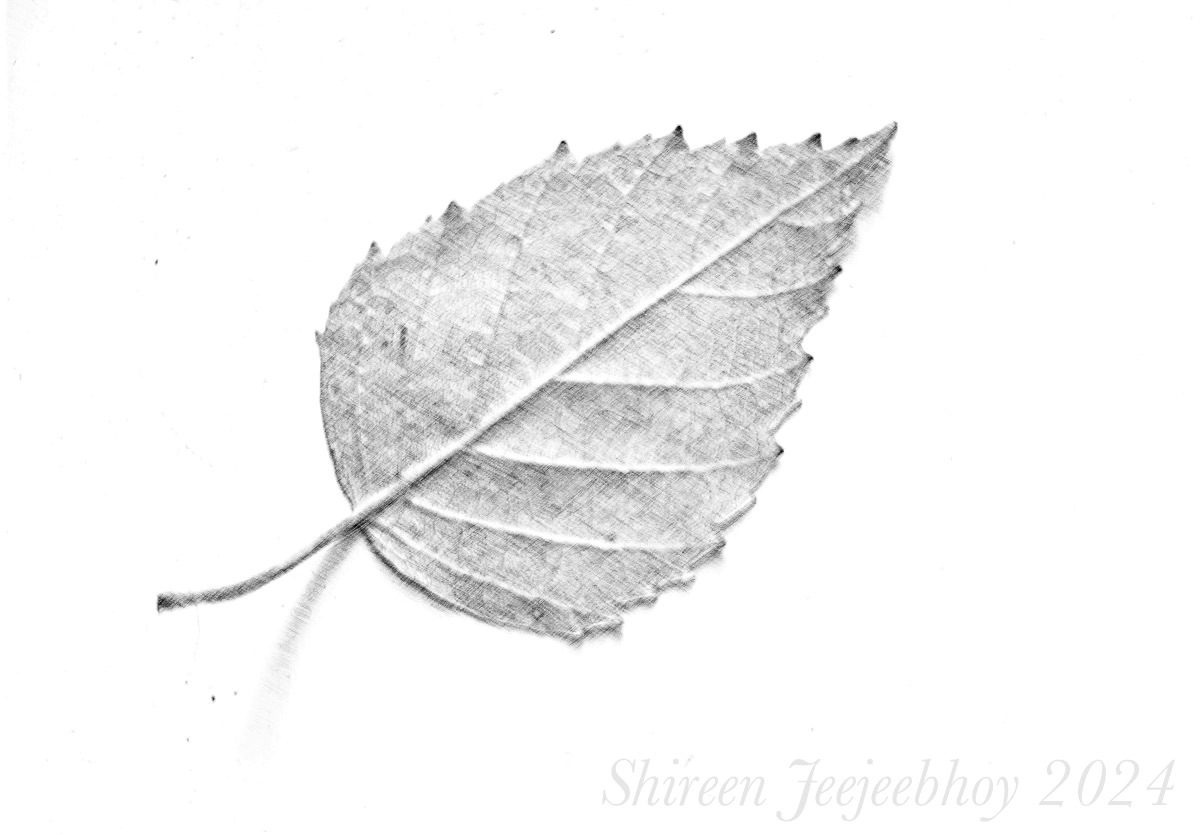Story. Stories. Storytelling. Beats the heart of the novel. I’d never thought of how it’s the story not the writing that makes a novel a novel until I began reading on Thursday night Story Genius by Lisa Cron when I was two-thirds of the way through Madeleine L’Engle’s memoir A Circle of Quiet.
A week ago, on impulse, I signed up for Plottr’s Writing Craft Book Club to study their inaugural book choice Story Genius for the next six weeks. Then I realized I’d have to read a second book every day since I hadn’t finished reading the library copy of A Circle of Quiet. Oy! A case of nerves hit me at this unexpected doubling of my reading, never mind the anticipated sudden increase in writing and, more nerve-wracking, returning to novel writing. For in the welcome session the first Tuesday of February, they said best to work on a project as we go along. This book club includes exercises!
Plottr uses Airmeet, a far more — FAR MORE — accessible, friendly, attractive videoconferencing platform than Zoom. I love how easy it is to get in with individualized links, how neat it is to join a breakout table by clicking on an available chair, and how seamless it is to move from presentation room where one’s video isn’t needed to lounge where it’s used. It’s a made in India solution.
They also use Heartbeat Chat for us book club members to chat with each other in between sessions. I’m still learning how to use it, though it really isn’t that difficult, in the same week Bluesky opened up. No more invites needed to join, and it’s been a chattier time on there!
My second impulse decision was to pay for an annual subscription to Prolifiko’s Substack newsletter Breakthroughs & Blocks. I’ll explore the benefits later. It’s more important to me that I support Bec and Chris while I could. (If I’d waited a week, I’d have been unable to since I’m now facing another — yes, another! — house-related expense!)
I don’t know where these impulses will all take my storytelling, but in reading chapter 2 of Story Genius, I think writing story must be innate in me. Cron described plotters as plotting an outline before knowing the protagonist and not knowing their past. This method feels very foreign to me.
How can you write a novel without knowing the main character and their challenge?
How can you begin to outline a novel without knowing how the character or story wants you to end it?
Without knowing your story’s protagonist’s past, how can you know what they’re facing in the present time of the novel?
After asking the book club’s co-leader Troy Lambert about writing and publishing a trilogy and how to choose a project, I reluctantly realized my impulsive decision has lead me back to book one of my Resurrection trilogy. Although I know what the story is in book two and how the trilogy ends, I haven’t outlined them. In addition, I need to get book one into Plottr and refresh my memory. I also have the sense I need to add another minor character.
L’Engle says writers must respond to the world, that we are lights in the darkness. Lambert said writing comes from the heart. Cron says stories arise from emotion.
For me, a novel happens when my response to the world meets a character barging into my mind, or sidling in, to tell their story, and I can neither forget them nor resist them nor rest until I write it.




